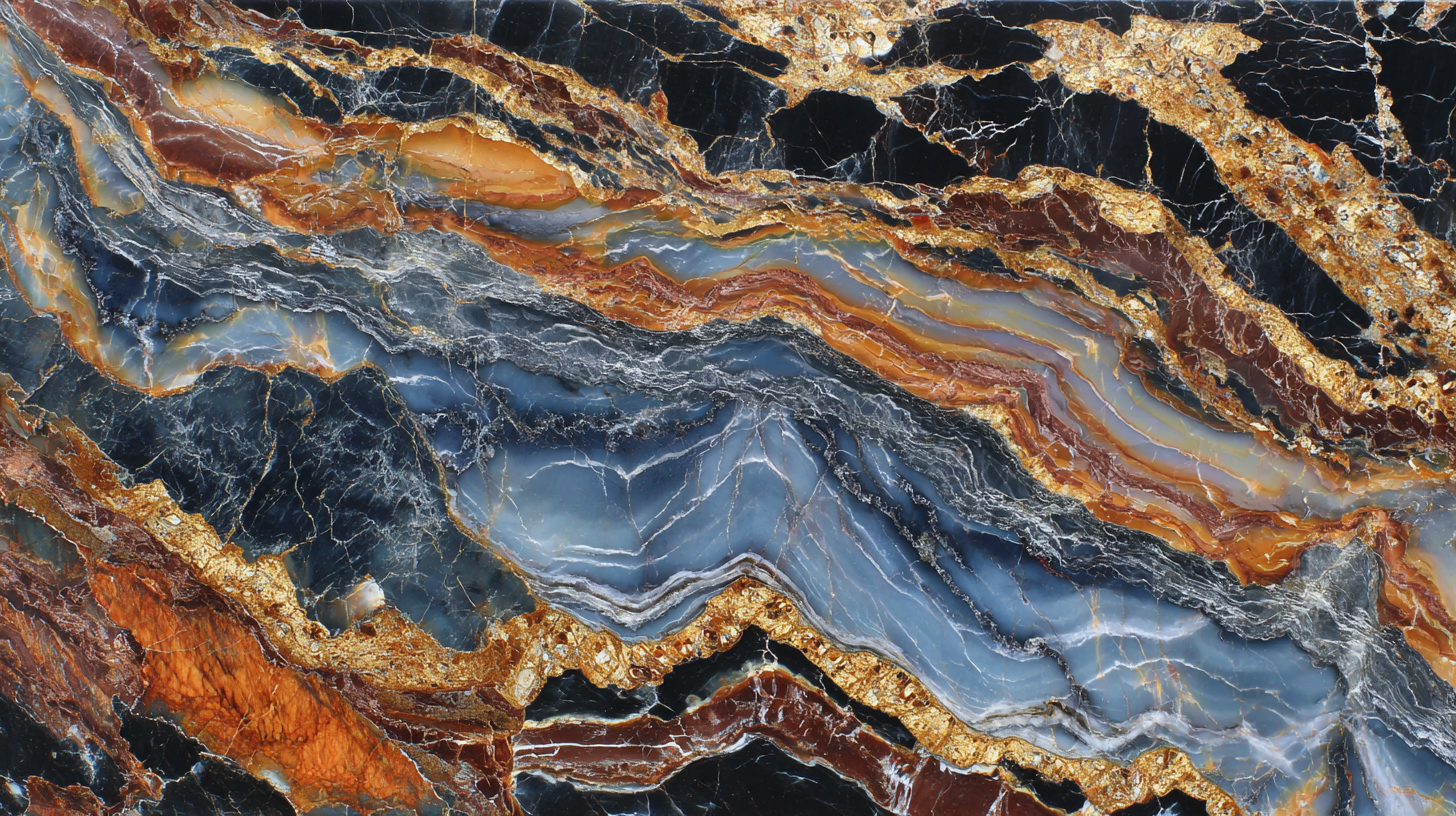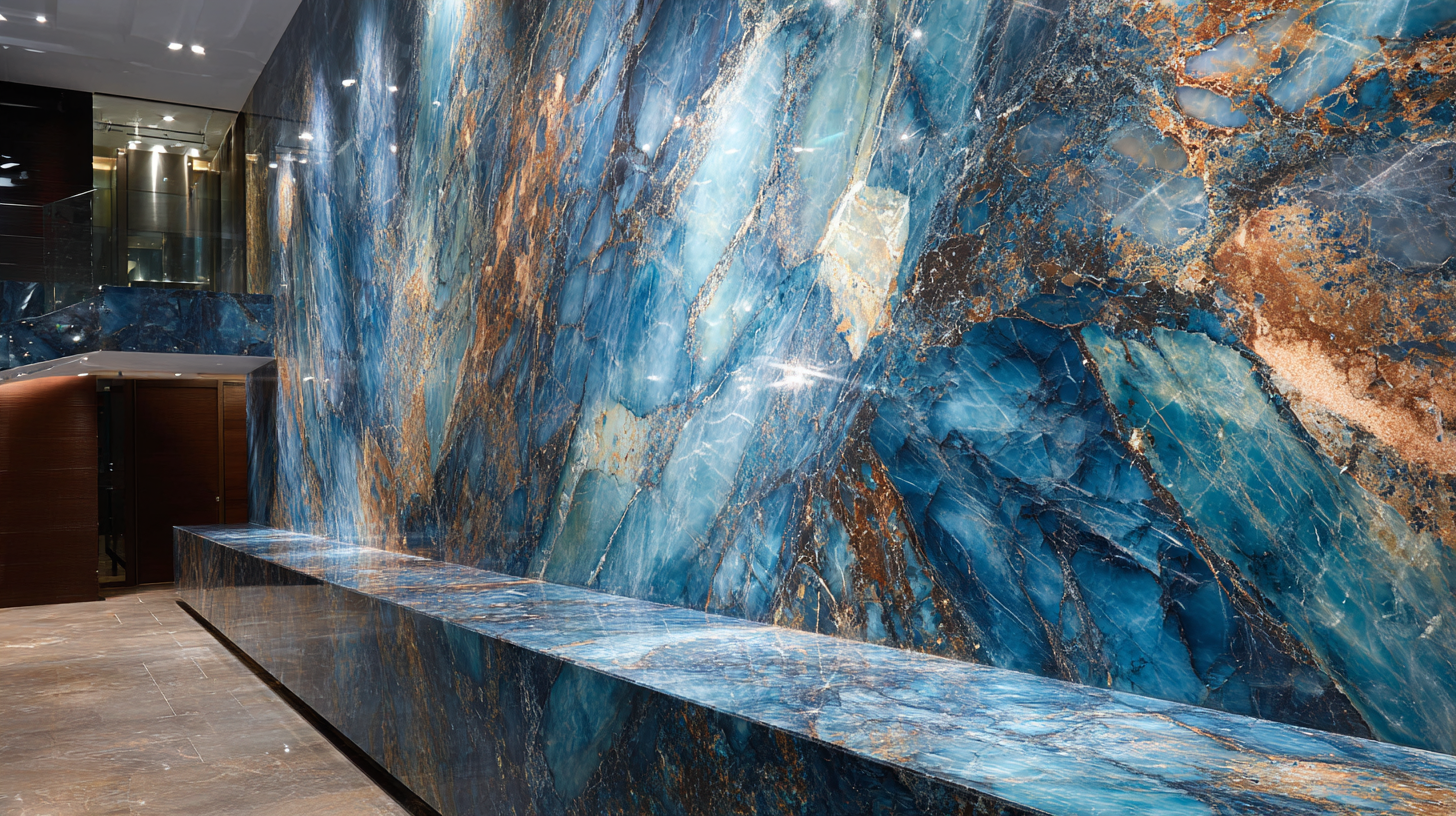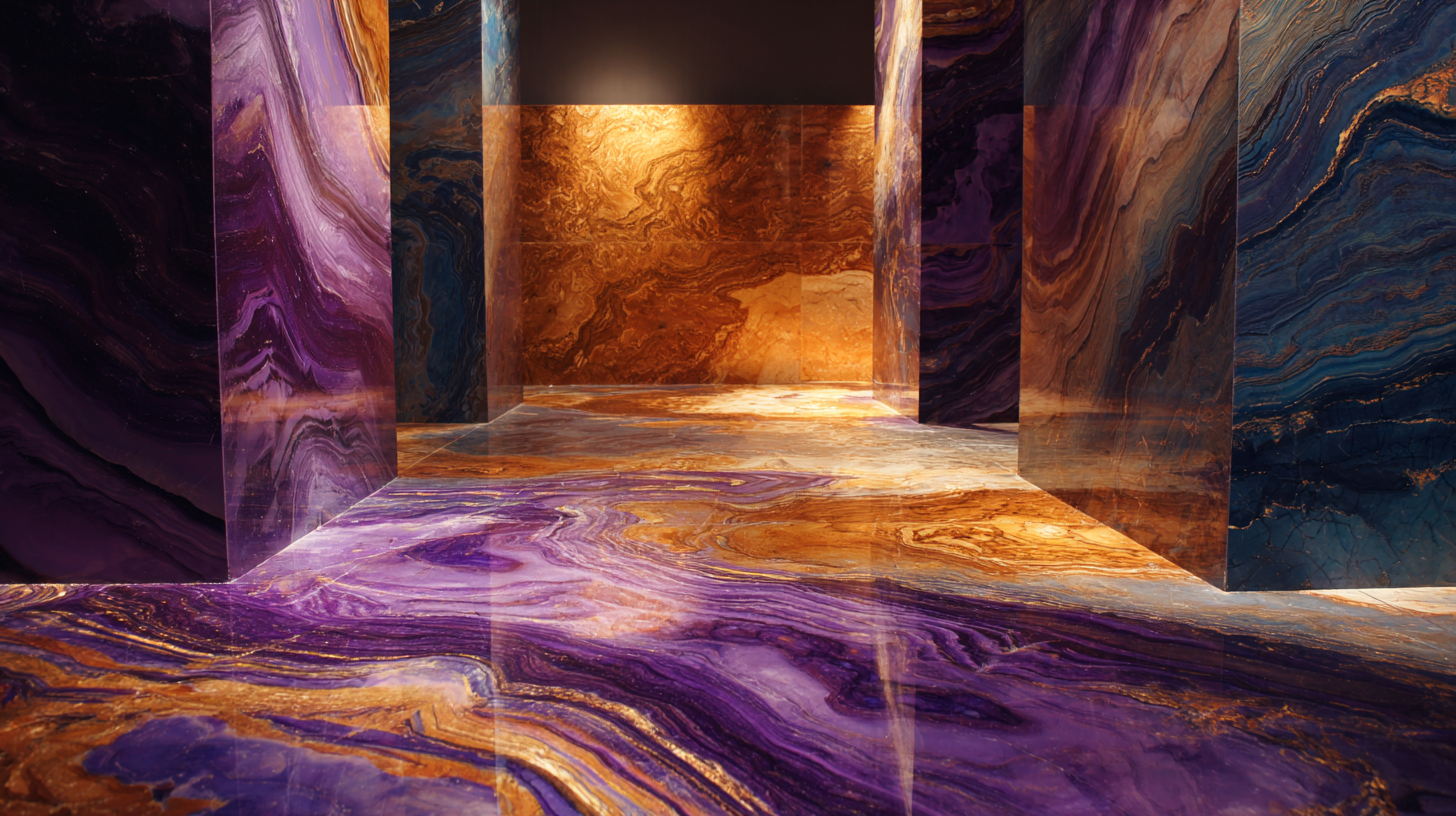
- Ginazhao@wanglumaterial.com
- Mon - Sat at 7:00AM to 9:00PM



In the ever-evolving landscape of global sourcing, the procurement of materials such as Uv Marble Board presents a unique set of challenges for project managers and industry stakeholders. As a versatile and aesthetically pleasing choice for various applications—from interior design to architectural projects—the demand for Uv Marble Board has surged. However, sourcing this innovative material across international borders can lead to obstacles related to quality assurance, supplier reliability, and logistical complexities. This blog will explore the intricate issues faced when sourcing Uv Marble Board for global projects, illuminating both the potential pitfalls and strategies to navigate these challenges effectively. By understanding these dynamics, companies can better position themselves to harness the benefits of Uv Marble Board while mitigating risks associated with international procurement.

When sourcing UV marble boards for global projects, identifying reliable suppliers across different regions is essential. The quality and availability of these materials can significantly impact project timelines and costs. Consequently, it becomes crucial to conduct thorough research to uncover key suppliers that meet your specific requirements.
One effective tip is to leverage industry networks and trade shows. These platforms provide excellent opportunities to connect with potential suppliers and gain firsthand insight into their product offerings. Networking can also lead to recommendations from other professionals who have successfully navigated similar sourcing challenges.
Additionally, consider evaluating suppliers based on their production capabilities and certifications. Understanding their manufacturing processes and quality assurance measures will provide you with confidence in their products. Requesting samples and conducting site visits, if possible, can further ensure that you partner with suppliers who maintain the standards necessary for your projects.

When sourcing UV marble boards for global projects, one of the most significant challenges is navigating the diverse quality standards and certifications across different regions. Each market may have unique requirements, making it crucial for sourcing professionals to stay informed about the latest regulations and certifications applicable to their products. For instance, in the European Union, compliance with CE marking and other local certifications is essential, whereas, in North America, standards from organizations like ANSI and ASTM play a vital role in ensuring product quality and safety.
Tips: One practical approach is to establish relationships with local suppliers who have a deep understanding of their market's compliance requirements. Additionally, attending industry trade shows can provide valuable insights into emerging standards and networking opportunities with certification bodies.
Another challenge is ensuring that the sourced products consistently meet the outlined quality standards. Regular audits and inspections can help maintain accountability and build trust between manufacturers and buyers. Implementing a robust quality control process can further mitigate risks associated with product failure or non-compliance.
Tips: Leveraging technology, such as digital tracking systems, can streamline the monitoring of quality throughout the supply chain, allowing for timely feedback and adjustments.
Sourcing UV marble board for global projects has become increasingly challenging, particularly due to supply chain disruptions exacerbated by geopolitical tensions. According to the latest market trends report by a leading research firm, the UV-A LED market faced considerable setbacks in 2022, stemming from the economic instability caused by the Russia-Ukraine conflict. This turbulence not only directly affected the supply chain for UV products but also resulted in increased lead times and unpredictability in material availability.
Moreover, the report highlights that manufacturers are grappling with fluctuating raw material costs and logistical hurdles, further complicating the sourcing process for UV marble boards. The demand for UV marble boards in various applications, from construction to innovative design projects, continues to grow, stressing the importance of a resilient supply chain. Companies need to implement effective strategies to mitigate these disruptions, such as diversifying suppliers and enhancing inventory management practices to ensure timely project delivery amidst these global challenges.
This chart illustrates the primary challenges encountered while sourcing UV marble boards for global projects, highlighting supply chain disruptions.
 When sourcing UV marble board for global projects, one of the most critical considerations is the balance between cost and quality. It’s tempting to lean towards the cheapest option, especially when managing a tight budget. However, compromising on quality can lead to longer-term issues such as durability concerns and aesthetic degradation that may impact the overall success of a project. Ensuring a high-quality product not only reflects well on your brand but also minimizes potential future costs related to replacements or repairs.
When sourcing UV marble board for global projects, one of the most critical considerations is the balance between cost and quality. It’s tempting to lean towards the cheapest option, especially when managing a tight budget. However, compromising on quality can lead to longer-term issues such as durability concerns and aesthetic degradation that may impact the overall success of a project. Ensuring a high-quality product not only reflects well on your brand but also minimizes potential future costs related to replacements or repairs.
Tip: Always request samples before making a bulk purchase. This allows you to physically assess the quality and suitability of the UV marble board for your specific needs.
Additionally, communication with suppliers is paramount. Transparent discussions about your project requirements can help clarify what cost ranges you should be considering. Oftentimes, suppliers may provide more competitive pricing for high-quality materials if they understand your project's scope and purpose.
Tip: Negotiate terms that could include bulk discounts or extended warranties on the product, which can serve to secure better pricing without sacrificing quality.
When sourcing UV marble board for global projects, one of the most significant challenges lies in navigating the complex landscape of customs regulations. Each country has its own set of rules governing the importation of materials, and failing to adhere to these can result in severe penalties.
Importers must remain well-informed about documentation requirements, tariffs, and potential restrictions that may apply to UV marble board. Delays at customs can not only affect project timelines but also incur additional costs, making it critical for businesses to prepare meticulously.
Moreover, compliance with environmental regulations becomes increasingly important as more nations impose stringent standards on imported materials. Importers must ensure that the UV marble board meets specified environmental criteria to avoid confiscation or financial fines.
Understanding these customs regulations and integrating proper compliance measures into sourcing strategies can significantly streamline the importing process, ensuring that projects proceed smoothly while minimizing the risk of interruptions caused by regulatory issues.